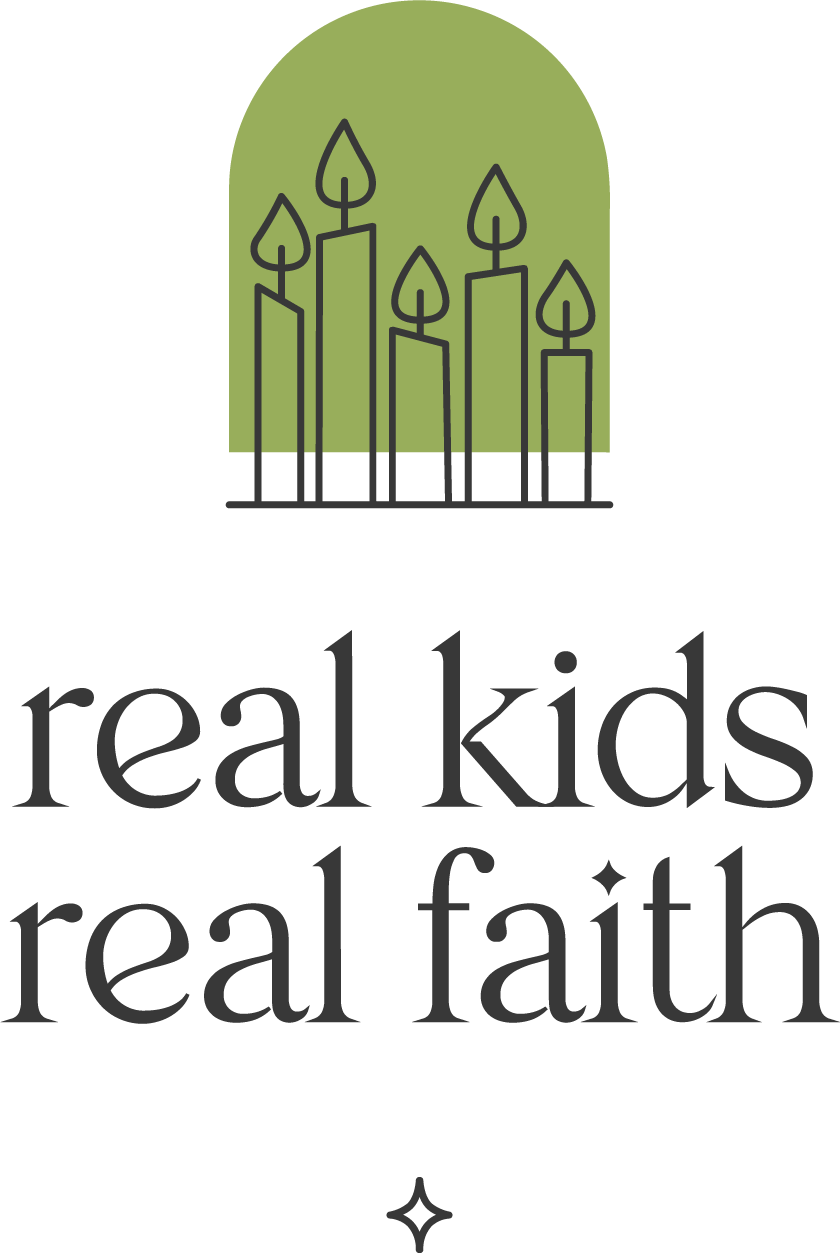Looking through photos, I found several of my family celebrating Passover with friends who are Jewish. They would invite us to join them for their seder feast and explain the various prayers and practices as they occurred. My children especially enjoyed acting out the Passover story and hunting for the afikomen (matzah).
Passover 2024 (Pesach in Hebrew) runs from sundown April 22 through the evening of April 30. The holiday commemorates the Israelites’ escape from slavery in Egypt. They left so fast that they didn’t have time to wait for their bread to rise, so they baked it without yeast. The unleavened loaves came out flat, like crackers, which also made them easier to pack.
Explore this holiday further with kids using one or more of these activities:
Storytelling. Read or watch a version of the Exodus story. Use a copy of the sacred text or one of the many storybooks, animated versions, or movies based on the Israelites’ journey to freedom. Invite children to identify their favorite parts of the story and share why those parts stand out. Ask what questions they have and work together to find answers. Tell the story in one sitting or break it into shorter segments and explore it over several days.
Midrash. Judaism has a tradition of midrash, or telling stories about stories to explore their meaning. Many of these tales try to bring an old story into the present and connect it with contemporary life. Read a midrash story together from a collection like On All Other Nights: A Passover Celebration in 14 Stories. Then try creating your own midrash that relates the Exodus to your community or family in some way. Encourage each person to contribute something to the story.
Fair/Unfair. A major part of the Passover story are the plagues that occur because the Egyptian Pharaoh will not release the Israelites from slavery. Invite children to play a game called ‘fair/no fair’. Name something that the Pharaoh said or did and ask them to decide if it is ‘fair’ or ‘unfair’. Then act out the plague that results from Pharaoh’s actions. Repeat this process until you’ve covered all the plagues. You might also ask children how they think Pharaoh might have acted differently and what might have happened if he had.
Loss. The death of the firstborn males is a hard part of the story to explore. As an escalation in violence, it can feel excessive and scary. Invite children to notice and acknowledge their emotional responses. Say: Some parts of this story can be hard to hear. We can notice and manage our emotions so we can learn from them. Then read or tell that part of the story and say: Let’s stop and notice how we are feeling. Pay attention to your stomach. How does it feel? (pause) Pay attention to your hands. How do they feel? Pay attention to your heart. How fast or slow is it beating? (pause) Why do you think the story is affecting you in these ways? Share your feelings and reasons with one another.

Comments